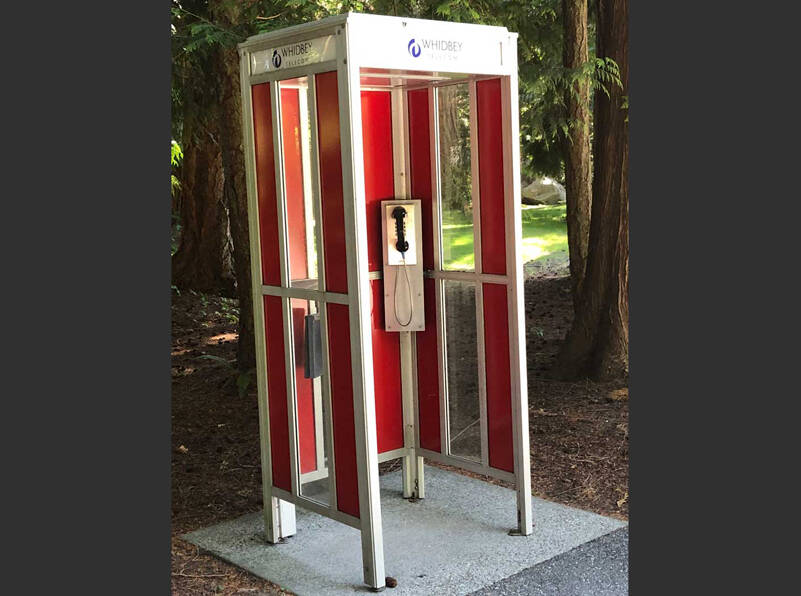By Morf Morford, Tacoma Daily Index
When it comes to a commemoration of bad ideas, I would, without hesitation, nominate the elimination of telephone landlines as one of the monumentally stupid decisions we all, as individuals and businesses, made in the past decade or two.
The first Apple iPhone was introduced in 2006. Other devices, from car phones to Blackberries (remember them?) came first, but for a variety of reasons, phone-like devices didn’t become ubiquitous, in everyone’s hands or pockets, until Apple entered – and dominated – the market.
The focus was, of course, on the mobility of the device. One popular sales pitch for mobile devices was “Call the person, not the place”. That was, in many situations, better, and more specific.
But in almost as many cases, it was not better. In an emergency for example, if I want to call for a first responder, I don’t really care “who” I talk to – I want immediate and almost “generic” assistance.
And sometimes, if I am away from home, I want to talk to someone “at” my home or at a business or workplace – not a specific person.
Where are you?
In the long lost mythical days of the reign of land lines, when making a call, both the caller and the receiver of the call knew exactly where they both were – without caller ID. Calls were made to – or from – home or work – or in rare cases, a public telephone.
Consider a few other phrases that most of us use or hear every day that would have been absurd or meaningless in a world of land lines: “Are you driving?”, “I lost my phone”, “My battery died”, “I lost my signal” or “The call was dropped”.
When it comes to universality, dependability, affordability and accessibility for all ages and abilities, you could not beat the land line.
So we did what humans are inclined to do when we have finally achieved a reliable, universally accessible technology; we abandoned it for something more expensive, complicated and, in many cases, less reliable.
Much like, about a century ago, many urban centers tore up reliable, affordable and well-used streetcar lines to make way for privately owned automobiles that were, for most of us, far from affordable, unreliable, and by almost any standard far less safe than either streetcars or more modern vehicles.
From road construction to fuel to collisions and flat tires, to traffic and parking to “road rage”, individually owned vehicles reshaped our economy, our landscape and our identities.
Who you callin’ smart?
The “smart phone” did essentially the same thing.
Once in every home, as of the end of 2022, less than 30% of Americans had a land line phone. And about 2% of us have land lines as our ONLY phone. We got rid of ours just a couple years ago.
I was sorry to see it go. But rising prices and a seemingly nonstop barrage of junk phone calls made a break-up with a technology I had used for well over half a century inevitable.
Most of us born in the previous century assumed that land line phones would always be there.
We didn’t call them land lines, of course, they were just phones – unlike the devices we hold in our hands and handle constantly, yet rarely use as “phones”.
A phone back then was a single-purpose device: a phone for no use other than talking; no user name, contract or password required. A child or an adult could use one. Anyone in a crisis could use one. It was attached to a wall and didn’t get “lost”. It used so little energy that, even if the power went out, it still operated at full capacity.
If you are still unconvinced that land lines were one of the world’s best ideas, check out this article. And if you are considering re-establishing a land line, I suggest this article on service providers.





